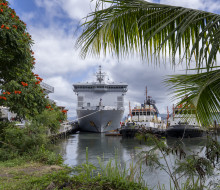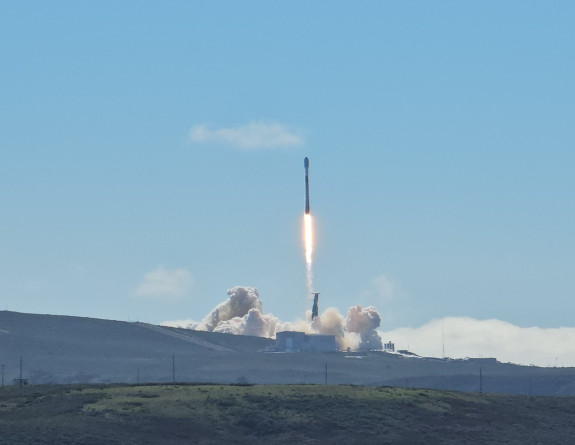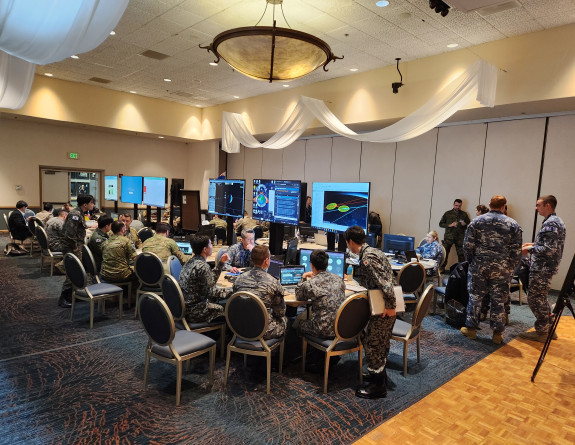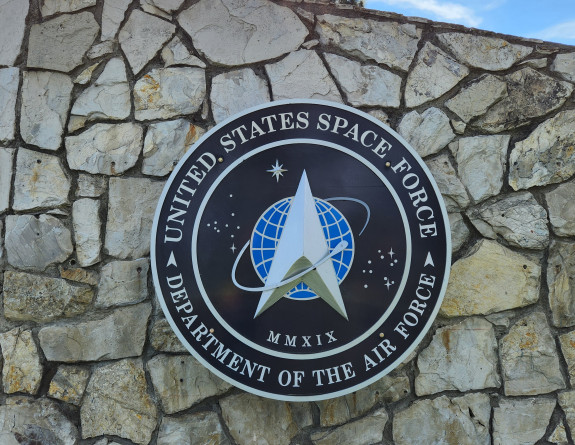
HMNZS Canterbury concludes week-long Fiji deployment
25 July 2025
Unfortunately you are viewing this website on an outdated browser which does not support the necessary features for us to provide an adequate experience. Please switch to a modern browser such as latest version of Google Chrome, Mozilla Firefox, Apple Safari or Microsoft Edge.
Ngā mihi nui
A team from the New Zealand Defence Force’s (NZDF) Space Program has taken part in a major international exercise held recently in the United States where they have explored how militaries will operate in an increasingly congested and busy space.
The Space Situational Awareness (SSA) exercise, Global Sentinel, was attended by more than 200 participants from 30 countries.
Teams worked together to share simulated sensor data and orbital analysis on various space events such as space launch, spacecraft re-entry, co-orbital anti-satellites, spacecraft break-up and direct ascent anti-satellite activity.
“Increased activity in the space domain brought on by frequent launches, mega-constellations of satellites, counter-space satellites and space weather are introducing risks to key space capabilities we rely on for military operations,” Space Program operations lead Squadron Leader Derek Bezuidenhout said.
The exponential rise in objects launched into space over the past decade came with increasing risk of accidental and deliberate threats to space services of national interest, he said.
“SSA relies on access to accurate and timely shared information to find, fix, track and assess threats to these space systems. By leveraging our partners and developing SSA in the NZDF Space Operations Centre the NZDF can assess threats to New Zealand’s national interests.
“Attending the exercise was an opportunity for the NZDF to collaborate, share data and develop techniques and procedures with 29 partners to track and report on a range of simultaneous space scenarios.”



NZDF personnel at the Ex Global Sentinel in the United States.
The NZDF’s Space Program will transition to No. 62 Squadron later this year and the experience and relationships fostered during the exercise will be critical to developing future space operators and contributing to joint operations, Squadron Leader Bezuidenhout said.
Corporal Cicero Caramto said as a junior space operator the exercise was a great experience.
“It was an opportunity to professionally and socially connect with people you only get to interact with behind a computer screen.”
“Global Sentinel was beneficial in building the hands-on technical skills using orbital analysis tools to support space operations. We also observe and learn how other nations do those operations and find out that we face the same challenges only differing in scale.”